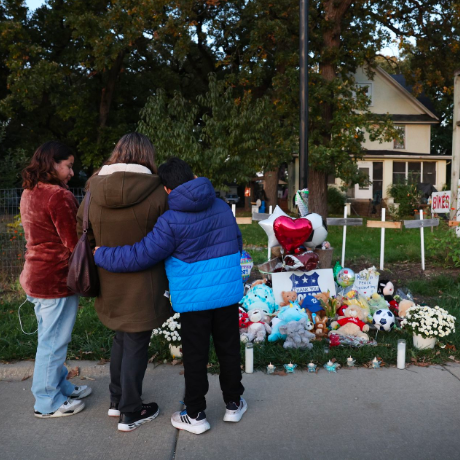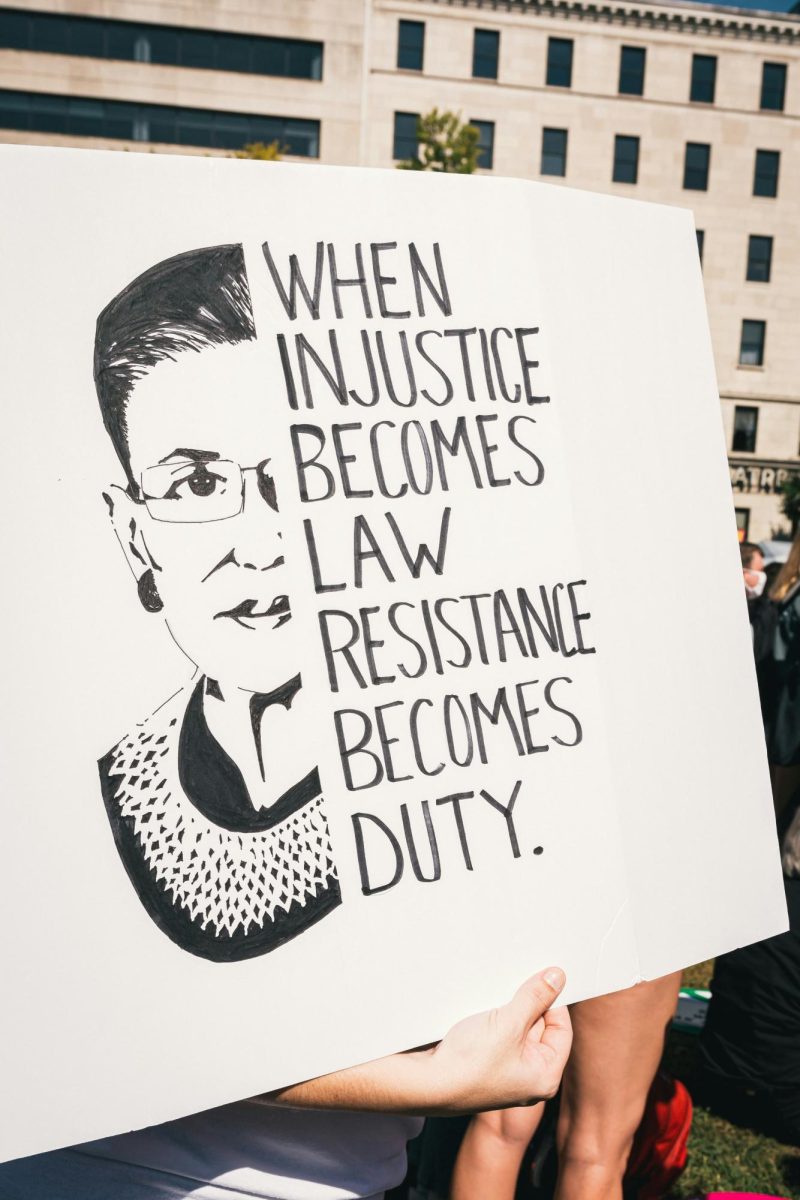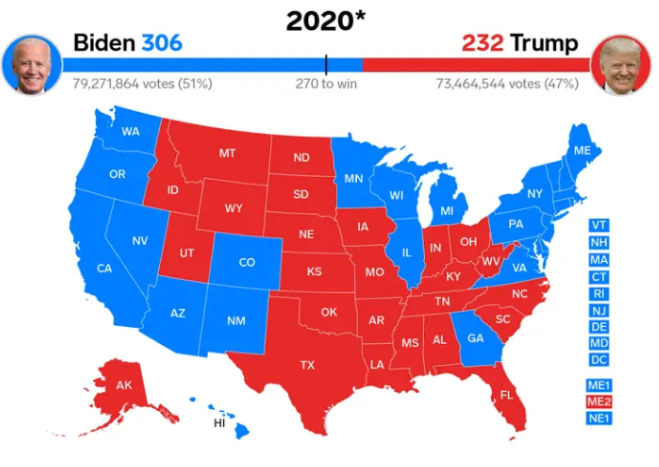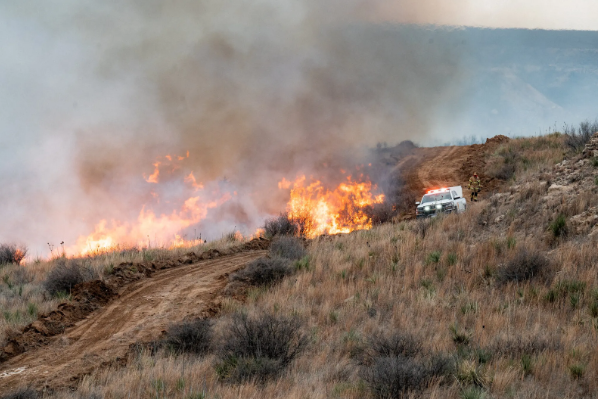In recent times, the Israel-Palestine conflict has taken center stage, not only in the Middle East but across the globe. The ongoing war between Israel and Hamas has resulted in a surge of hate crimes in the United States, including a significant increase in Islamophobia and anti-Semitism. Today, we delve into the alarming rise of these forms of bigotry; highlighting the impact and contributing factors of the Israel-Palestine conflict.
Surge in Anti-Arab and Anti-Muslim Bias
According to a report by the Council on American-Islamic Relations (CAIR), there has been an “unprecedented surge” in incidents of anti-Arab and anti-Muslim bias in the United States since the outbreak of the Israel-Palestine conflict. Between October 7 and November 4, CAIR received a staggering 1,283 requests for help against and reports of bias, marking a 216% increase compared to the previous year (Yang, 2023). This surge in complaints reflects the growing Islamophobia and anti-Arab sentiments that have permeated American society.
The Impact of Islamophobic Rhetoric
Corey Saylor, the research and advocacy director at CAIR, attributes this rise in bigotry to the Islamophobic and anti-Palestinian rhetoric used to justify violence against Palestinians in Gaza and silence supporters of Palestinian human rights in America. Such rhetoric has contributed to a wave of Islamophobic bias, the likes of which have not been seen since Donald Trump’s call for a Muslim travel ban in 2015 (Czachor, 2023). This alarming increase in Islamophobia poses a significant challenge to American Muslims, who now face heightened discrimination and bias in various aspects of their lives.
Types of Bias Reported
The CAIR reports highlight the various types of bias reported during this period. The most common type of case reported was first-amendment issues, accounting for 23.39% of the complaints received. Indicating that individuals were being targeted for exercising their right to free speech, particularly when expressing support for Palestinians or criticizing Israeli policies. Additionally, 20.56% of the reports involved employment-related bias, suggesting that individuals of Arab or Muslim descent were facing discrimination in the workplace. Hate crimes accounted for 15.32% of the complaints, further underscoring the severity of the situation. Education and bullying-related incidents constituted 9.2% of the reported bias cases, exhibiting Islamophobia and anti-Arab sentiments are impacting younger generations as well (Yang, 2023).
The Alarming Increase in Anti-Semitism
While Islamophobia has seen a sharp rise, Jewish communities in the United States have also experienced record-high levels of anti-Semitism in the wake of the Israel-Palestine conflict. The Anti-Defamation League (ADL) reported a nearly 400% increase in anti-Semitic incidents reported year over year, with 312 incidents recorded between October 7 and October 23. This surge in anti-Semitism is directly linked to the violence in Israel and Gaza, with 190 of the reported incidents attributed to the conflict (Yang, 2023).
Escalation of Hate Crimes Against Jews
The New York Police Department (NYPD) reported a 214% rise in hate crimes targeting Jews in October alone. During this period, the NYPD recorded a total of 101 reported hate crimes, with 69 specifically targeting Jews (Yang, 2023). This alarming increase in hate crimes against the Jewish community highlights the urgent need for action to address the underlying causes of anti-Semitism.
How Central Students Can Make a Difference in the Israel-Palestine Conversation
The Israel-Palestine conflict has not only unfolded on the international stage, but has also had a ripple effect, influencing perspectives and interactions even within our own school community at HCRHS. The rise of anti-Semitism and Islamophobia demands our attention, urging us as students to actively engage with this complex issue. In the face of such challenges, what can students do?
- Promote Understanding
The first step towards addressing any complex issue is education. Take the time to familiarize yourself with the historical and geopolitical dimensions of the Israel-Palestine conflict. By understanding the complexities at play, we can foster empathy and approach discussions with an informed perspective.
- Advocate for Inclusivity
As students, we have the power to shape the culture of our school. Anti-Semitism and Islamophobia have no place in an inclusive community. Let’s work towards creating an environment that embraces tolerance, understanding, and unity among our peers.
- Engage in Humanitarian Efforts
Shift the focus towards the humanitarian aspects of the conflict. Consider participating in or organizing initiatives to support aid organizations (ex. ICRC, UNRWA, IsraAID, etc.) in the region. By fundraising or raising awareness, we can contribute to alleviating the impact of the conflict on civilians.
- Cultivating Empathy
Ultimately, the key to addressing these issues lies in empathy. Explore literature, documentaries, or personal narratives that humanize the individuals impacted by the conflict. By cultivating empathy, we bridge gaps in understanding and contribute to a more compassionate and harmonious community.
Conclusion
The Israel-Palestine conflict has had far-reaching consequences, extending beyond the borders of the Middle East. The rise of Islamophobia and anti-Semitism in the United States is a testament to the global impact of this ongoing conflict. As individuals and as a school community, we must reject hate and work towards promoting understanding, empathy, and peace. Only through collective efforts can we hope to combat the rise of bigotry and build a more inclusive world.
Sources
Czachor, E. M. (2023, November 9). “Unprecedented surge” in anti-Arab, anti-Muslim bias incidents reported in U.S. since Israel-Hamas war, advocacy group says – CBS News. Www.cbsnews.com. https://www.cbsnews.com/news/anti-arab-and-muslim-bias-incidents-rise-israel-hamas-war/
Kamp, E. A. and J. (2023, December 11). Hate crimes in U.S. increase amid Israel-Hamas war. WSJ. https://www.wsj.com/us-news/hate-crimes-in-u-s-increase-amid-israel-hamas-war-79f5fd77
Yang, M. (2023, November 10). Islamophobia and antisemitism on rise in US amid Israel-Hamas war. The Guardian. https://www.theguardian.com/us-news/2023/nov/10/us-islamophobia-antisemitism-hate-speech-israel-hamas-war-gaza






